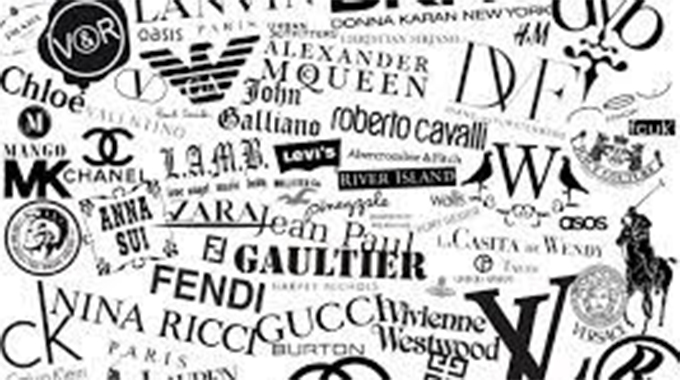China’s biggest shopping carnival

Ms G
Unlike in the Christian culture, the holiday season leading up to Christmas is not a big thing in China, except retailers who see it as an opportunity to boost sales. So, normally you would not feel the palpable excitement and anticipation common in other places of the world.
But since 2009, November has become almost as important on the Chinese calendar as the Chinese New Year, because of the creation of the November 11 shopping festival, dubbed the “Double 11” in China.
November 11, was at first sarcastically known as the “Single’s Day” among the young Chinese because its writing, 11/11, looked like unattached persons. In 2009, Alibaba, the Chinese e-commerce giant, decided to do a major promotion on that day to let consumers have some fun.
In its first edition, only 27 brands participated.
Not even the person who first thought about the idea imagined how far the marketing initiative would go.
What happened later was simply astonishing. In 2010, Double 11, sales rocked to 936 million RMB, roughly US$140 million in 2011, it more than tripled to 3,36 billion RMB, or about US$500 million.
Last year, it was a record 268,4 billion RMB, about US$39 billion.
Apart from Alibaba’s platforms, other leading e-commerce players in China including JD.com, Suning and Pinduoduo are all joining the carnival.
Shopping malls refuse to be left out of the online carnival too. Big promotion placards are put up in all stores days before November 11.
Last year in Geneva, I was surprised to find that some local retailers were also celebrating the Single’s Day shopping festival.
While consumers first took Double 11 as an opportunity to stock up on the daily necessities, such as toilet paper and shampoo, today they are set their eyes on the quality products from around the world.
In 2014, brands from 217 countries joined the festival — French chocolate and wine, South Korean beauty products, Russian pastries, New Zealand dairy products, Germany cutlery, Indian handmade mats…
The whole world is brought to the doorstep of Chinese consumers.
The huge explosion of consumption during the festival also creates enormous pressure for China’s mobile payment and logistics systems. But the players quickly adapted. Payment bugs and distribution problems are no longer a worry.
This year, the Double 11 festive is already underway, set to last days from late October to November 11.
In the first 111 minutes of Alibaba’s Tmall, 100 brands received orders worth over 100 million RMB, roughly US$15 million.
The first parcel delivered by JD.com during the festival reached the buyer only six minutes after the full payment was made.
As the festival usually kick starts at 12:00 pm sharp, the beginning of a new day, it makes for an exciting, sleepless night for hundreds of million of consumers, including myself.
Milk from Beijing, yoghurt from Xinjiang in western China, pears from the coastal areas, custard apples from Taiwan…
This is the time of year I shower my parents with delicacies from around the country to make up for my absence.
“Double 11” is a spending spree for the Chinese. It is also the time for us to show love for each other.










Comments